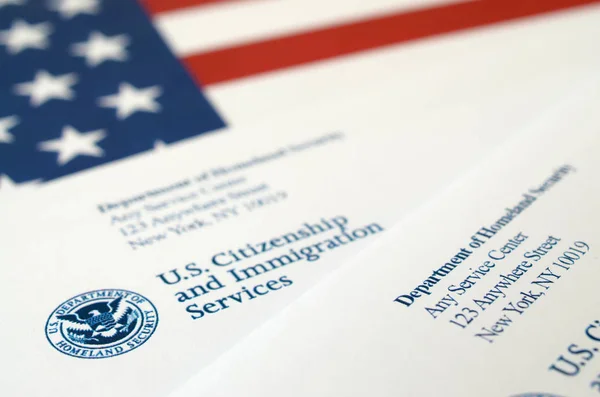Description
The United States, often referred to as the "Land of Opportunity," has a rich history shaped by waves of immigration. From the early settlers seeking religious freedom to the diverse influx of people today, the American story is inherently intertwined with the narratives of those who have sought a better life on its shores. In this blog, we'll explore the multifaceted landscape of US immigration, from its historical roots to the present-day challenges and opportunities.
A Nation Built by Immigrants:
At the heart of the American narrative lies the profound impact of immigrants. Throughout history, individuals from diverse backgrounds have contributed to the nation's growth, enriching its culture, economy, and social fabric. The story of the United States is, in many ways, a testament to the resilience and aspirations of those who have chosen to call it home.
Historical Perspectives:
The waves of immigration that have shaped the United States are deeply rooted in its history. From the arrival of the Mayflower to the industrial era and beyond, each period has witnessed the arrival of new communities seeking refuge, opportunities, and the promise of a better life.
Legal Frameworks:
US immigration is governed by a complex legal framework that includes visas, green cards, and pathways to citizenship. Understanding these mechanisms is crucial for those navigating the process, as it involves compliance with regulations, eligibility criteria, and various documentation requirements.
Diversity Visa Lottery:
The Diversity Visa Lottery, also known as the Green Card Lottery, is a unique avenue that provides an opportunity for individuals from countries with low rates of immigration to the US. While it offers a chance for diversity, the process is competitive, emphasizing the significance of the lottery in shaping the country's immigrant landscape.
Family-Based Immigration:
Family reunification is a cornerstone of US immigration policy. Many individuals come to the United States to join their families, contributing to the interconnectedness of global communities. Navigating the family-based immigration process involves demonstrating relationships and complying with sponsorship requirements.
Employment-Based Immigration:
The United States attracts skilled workers from around the world through employment-based immigration programs. From H-1B visas for specialized workers to employment-based green cards, these pathways are critical for industries seeking talent and for individuals seeking professional opportunities in the US.
Undocumented Immigration:
The issue of undocumented immigration is a complex and often divisive aspect of the broader immigration discourse. Millions of individuals live in the United States without legal status, contributing to communities and economies while facing unique challenges. Addressing this issue requires nuanced policy considerations that balance security concerns with humanitarian values.
Current Challenges and Future Outlook:
The contemporary landscape of US immigration is marked by debates over policy reform, border security, and the treatment of asylum seekers. As the nation grapples with these challenges, there is a growing recognition of the need for comprehensive immigration reform that addresses economic realities, humanitarian concerns, and national security.
Conclusion:
US immigration is a multifaceted journey that encompasses historical legacies, legal intricacies, and the diverse narratives of individuals seeking a better life. As the nation continues to evolve, so too will the conversation surrounding immigration. By understanding the complexities, acknowledging historical contexts, and fostering empathetic dialogues, we can collectively navigate the pathways to opportunity, embracing the richness that immigration brings to the American story.

